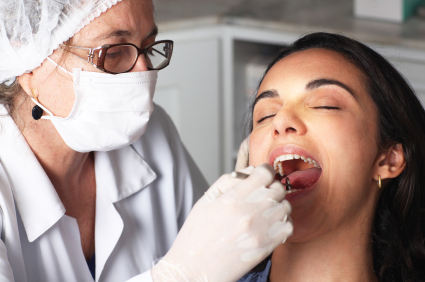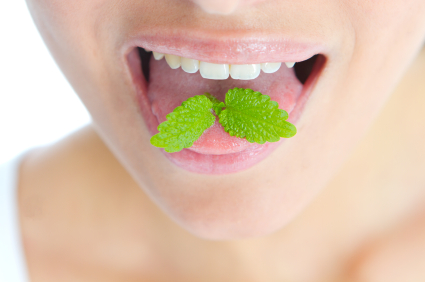Birmingham Dentists Goes Mercury Free

The use of amalgam in dentistry, and why Scott Arms Dental Practice has made the change
Scott Arms Dental Practice has decided to lead the environmental movement in eliminating amalgam from dentistry following the United Nations’ newly appointed international aims to reduce the use of mercury. As of April 2013, the practice has been operating mercury free, offering only white fillings.
Since it first began being used in dentistry in the early 1800s, dental amalgam has received both widespread support and controversy. While its function as a dental material is arguably unmatched, dental amalgam has become increasingly unpopular over the years: a desire for white fillings coupled with fears about health and environmental damage has led to the disregard for this material.
There is no argument against the fact that the mercury in dental amalgam poses an environmental risk; though recommendation states that amalgam should be made and disposed of appropriately, there is an amount that finds its way into the environment. However, there is no substantial evidence to prove that amalgam fillings cause any harm to a patient’s health, despite concern.
This January 2013, a global treaty on mercury as part of the United Nations’ Environmental Program was agreed on: the latest talks, involving 140 nations, have confirmed a policy to reduce the emissions of mercury, which are considered toxic on their own and less so when mixed as a filling material. While the mercury in dental amalgam was not a high priority for the talks, new policies were put in place to establish a reduction in its use. Dentists are united in their delight: the new guidelines allow the continued use of amalgam, recognising it as a necessary dental material, but show efforts to reduce the impact that its use has on the environment. National objectives aiming at minimising the use of amalgam, promoting the use of alternative materials and encouraging the research into mercury-free filling alternatives are all amongst the guidelines.
Following the widespread desire to reduce the use of mercury, Scott Arms Dental Practice has decided to take its environmental and patient dedication a step further. Scott Arms Dental Practice, based on the Walsall Road in Birmingham, aims to stay at the forefront of aesthetic, ethical dentistry and such is the reasoning behind their becoming an amalgam free practice as of 1st April 2013. While the Scott Arms Dental Practice has always invested in cosmetic dentistry, offering their patients a variety of white filling materials and shades, they now wish to propel themselves into the mercury-free dentistry of the future. Their dentists believe that with high-quality materials and professional expertise, white fillings can prove to be every bit as effective as their silver counterparts. ‘We’ve always practised safe amalgam disposal but now realise the time has come to remove mercury from our practice altogether,’ claims Scott Arms Dental Practice owner, Dr Phil Tangri. Giving patients white, healthy smiles in an ethical, professional and friendly manner is our primary aim.
We do not recommend having current amalgam fillings replaced unless the tooth requires it. ‘Mercury vapour is mostly only released on the removal of these fillings, so it is best to wait until the tooth calls for a new filling before replacing it for a white one,’ Dr Tangri says.
With the 1st of April changeover proving to be a success, the staff at Scott Arms Dental Practice hope that their hard-work and conscientiousness will help to make the future of dentistry less silver, and more green.
If you’d like more information on this topic please call Dr Phil Tangri on 0121 357 5000 or email him at [email protected]
Posted in: General Dentistry
Leave a Comment (0) →









